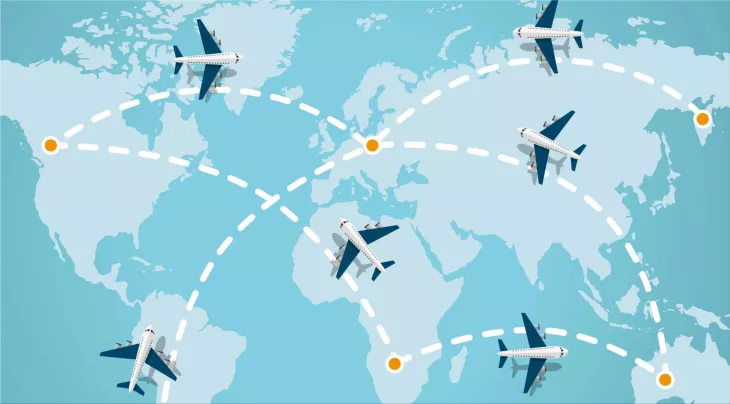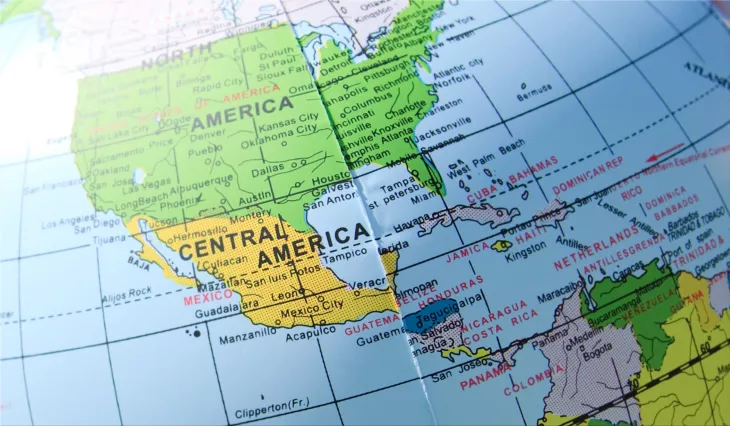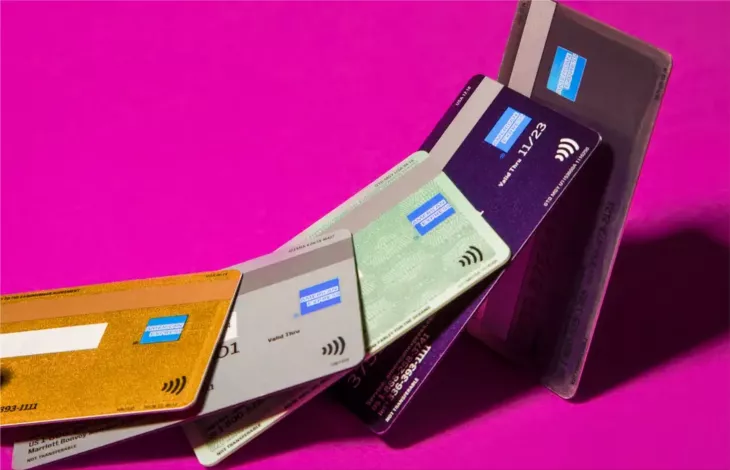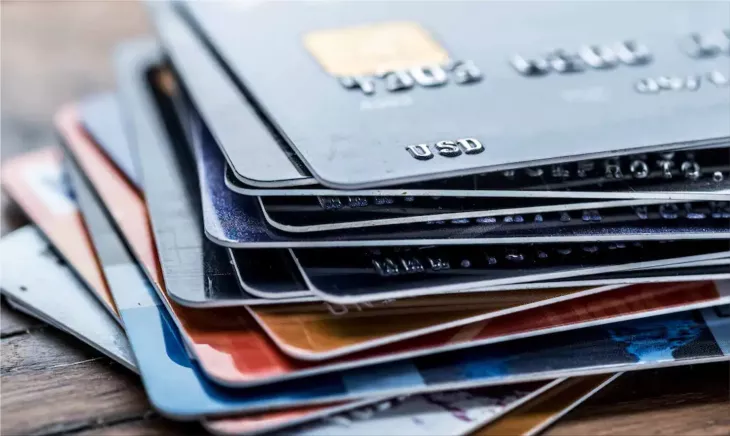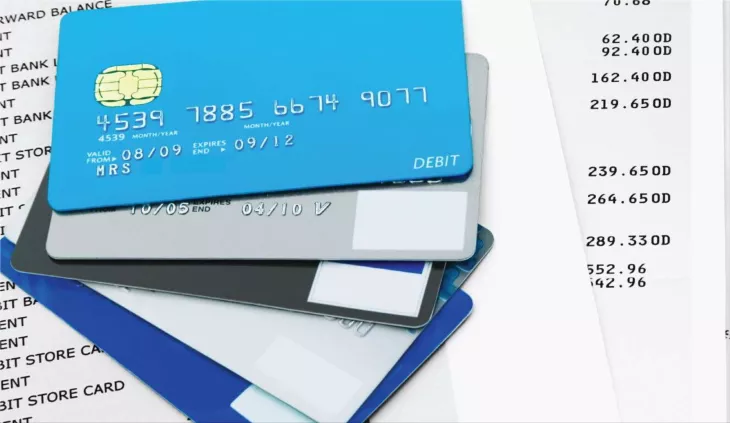If you are traveling abroad for vacation this year, it is likely the first time in a long time. However, the US government maintains an ever-changing list of places Americans are permitted to go, so it is critical to check the site before making travel arrangements.
Additionally, it is essential to stay current on airline regulations while flying; in addition to your passport, you will require a completed locator form (for some countries), test results within a specified timeframe, and a mask for the aircraft trip. Ensure that you examine the relevant requirements and locator forms in any countries you visit.
You should begin planning how to pay for items while traveling at least a few weeks in advance. This is because, in some instances, you may choose to obtain a different type of credit card.
Here is a checklist of ten things to complete both before and after you depart and arrive at your destination:
1. Create a credit card business strategy.
You will need at least two Visa or Mastercard credit cards (American Express and Discover are less widely accepted worldwide). Having credit cards from several payment networks also helps, as seen by the broad Visa service outage across Europe on June 1, 2018.
Additionally, you will want credit cards with no international transaction fees. These fees often add 3% to the cost of overseas purchases – or at home when making online purchases from a business located abroad.
Additionally, it would be advantageous if at least one of your credit cards was PIN-enabled. In Europe, Chip-and-PIN is the EMV chip card standard, but in the United States, chip-and-signature is the norm.
This implies that some payment terminals in Europe, such as those used to purchase railway tickets or parking, will only take chip-and-PIN cards. Few cards produced in the United States have PIN capability; Barclays, a British bank, provide the most frequent. Additionally, you want a credit card that rewards you for travel spending in terms of points and miles.
Finally, verify your credit limit and expiration date on your card. It might spoil your trip if you are unexpectedly unable to pay for numerous holiday bills once you are overseas.
2. Bring your debit card with you on the journey.
You will need a debit card linked to your primary bank account to make ATM withdrawals. Ascertain that you have an adequate balance in the account.
Consult your bank to see whether it is a partner of a worldwide ATM network. Interbank networks such as Visa PLUS and Mastercard, Maestro, or Cirrus provide network ATM cardholders with surcharge-free access to ATMs in other countries.
3. Inform your financial institutions of your trip arrangements.
While some card issuers claim that notifying your banks of your journey is no longer obligatory, it never hurts to inform your card issuers of your vacation plans.
Suppose you do not notify your card issuers. In that case, your odd location may be recognized, and your issuer may restrict future transactions, believing your credit card or account data has been stolen.
Although it is simple to contact your card issuer if your card is refused due to suspected fraud, there is sometimes a delay before your credit card may be used again.
4. Make a plan to bring some cash.
As a last option, you should always carry a combination of US dollars and foreign currencies.
Plastic is not accepted everywhere. For instance, street markets, prevalent in European towns, accept only cash. Taking a few hundred dollars in cash seemed to be a reasonable amount.
5. Carry a duplicate of your credit card information with you.
If you lose or steal your cards while traveling, knowing the phone numbers for your card issuers as well as your card details will come in handy. Your existing 800 number is unlikely to function outside the United States. Contact your issuer to obtain a toll-free number that works in the area where you are visiting.
While you are on the phone with your card issuer, enquire about how the company would replace your credit card if you lose it or it is stolen. Often, the issuer can have a replacement credit card couriered to you within a day or two, but there may be a price associated with this service.
Keep the duplicates of your card information apart from the cards in a secure location. Additionally, you may wish to provide a photocopy of your passport.
6. Take into account the purchase of a money belt.
Consider where you will most frequently carry your cards and cash. For example, are you comfortable carrying a handbag or keeping a wallet in your back pocket when visiting busy tourist attractions in major cities?
While a credit card is safer than cash in the event of a robbery, it should still be concealed in a secret location such as a money belt.
7. Make timely payments on all of your debts, including credit card bills.
If you are going to be gone for a week or two, remember to pay your bills in advance. Failure to make a card payment on time will result in immediate late penalties from most card providers.
Additionally, keep in mind that paying while traveling might be challenging.
Additionally, while on your journey, you should:
8. Opt for costs denominated in the local currency.
While making a purchase using a credit card, you will frequently be asked if you want the charge in dollars or the foreign currency. Naturally, you should choose the foreign currency, as your card issuer will provide you with a higher conversion rate than the seller on foreign transactions.
9. Never use a credit card to purchase cash.
As is the case in the United States, you should avoid attempting to use your credit card at a cash machine. It will be treated as a cash advance, with a high-interest rate associated with it.
Additional reasons why monetary advances should always be avoided; typically, you will be charged a transaction fee, which is calculated as a percentage of the cash advance. Additionally, cash advances typically do not include a grace period.
10. Avoid making transactions using a debit card.
Almost all debit cards used for purchases overseas will charge foreign transaction fees. (There is one significant exception: Capital One debit cards.) Rather than that, choose a credit card that does not charge international transaction fees.
In conclusion
It is critical to prepare for travel now that it is heating up again. With a little forethought and awareness, you can assure the success of your holiday by focusing on the pleasure rather than the financial details. Once you have taken care of the technicalities, all that remains is for you to enjoy yourself.





